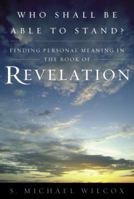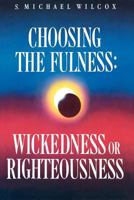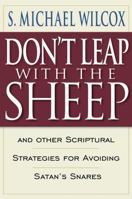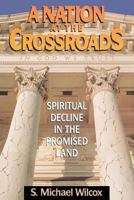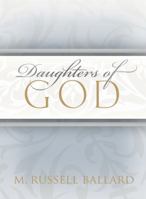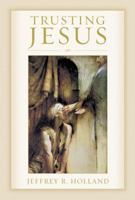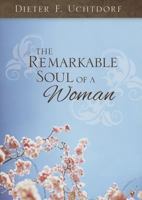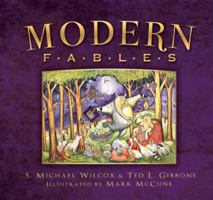Face to Face: Seeking a Personal Relationship with God
You Might Also Enjoy
Customer Reviews
Rated 5 starsBig subject in a small book
As the name of this reference implies, it provides a good review from particle physics to astrophysics, and of significance, relates inner space to outer space. Both theoretical and experimental methods are explored. The classical big-bang theory is clearly discussed, as are its difficulties and the solutions provided by inflation theory.
0Report
Rated 5 starsExtremely clear and easy to read, plus beautiful!
I have read lots of popular science books about particle physics and this is way out in front of the pack! It clarified many things that other authors just assumed the reader could understand. For example, the section on how to build synchrotrons and accelerators and why the devices are shaped the way they are was so clear. Plus the color photographs and drawings make it a lovely book to just browse through. If you...
0Report













